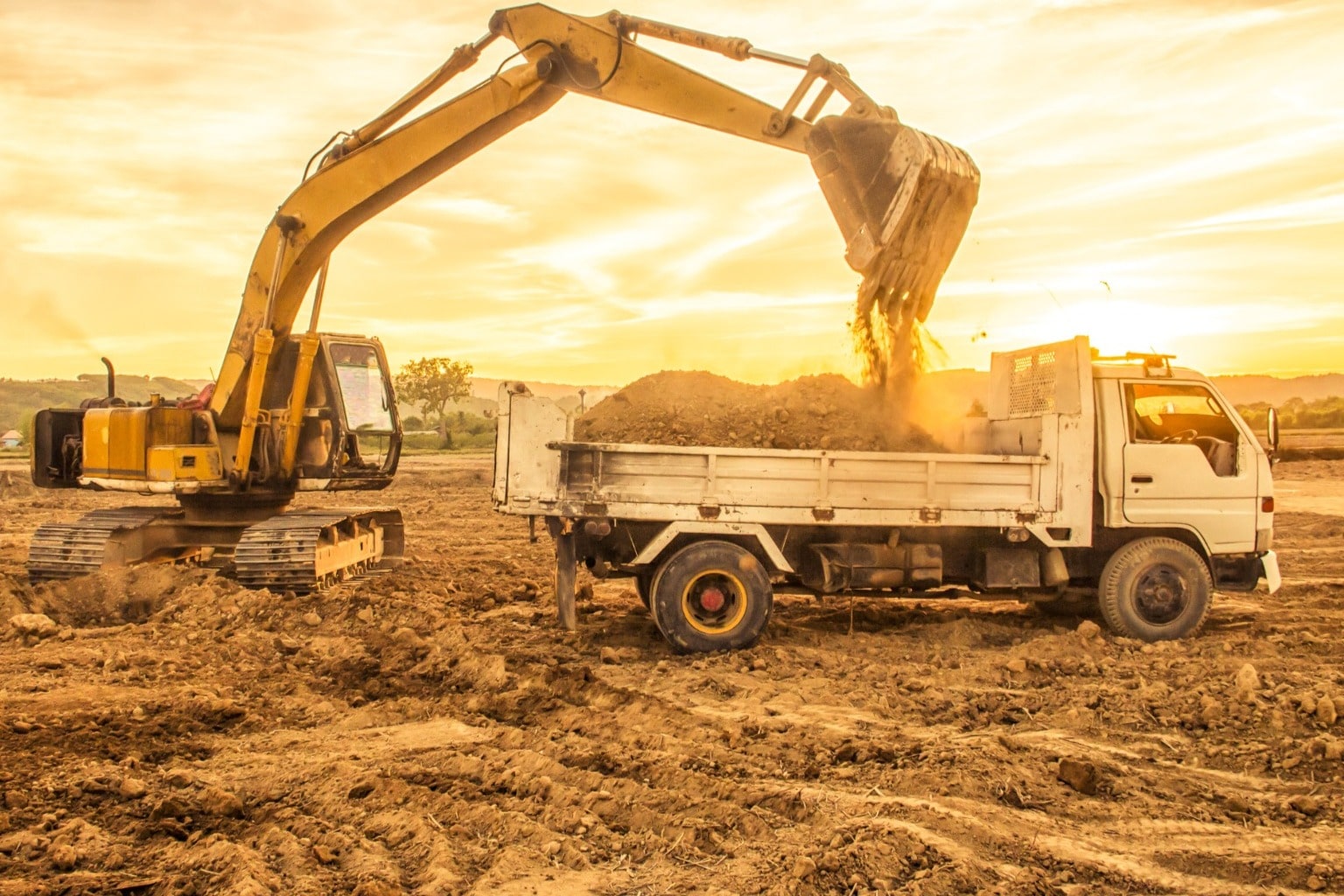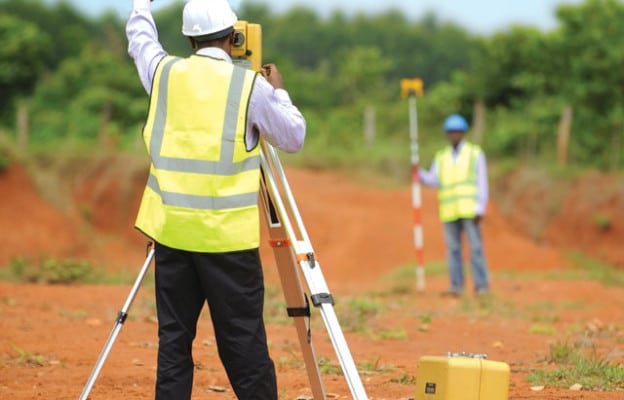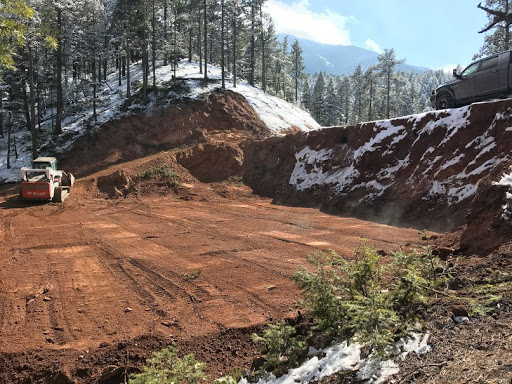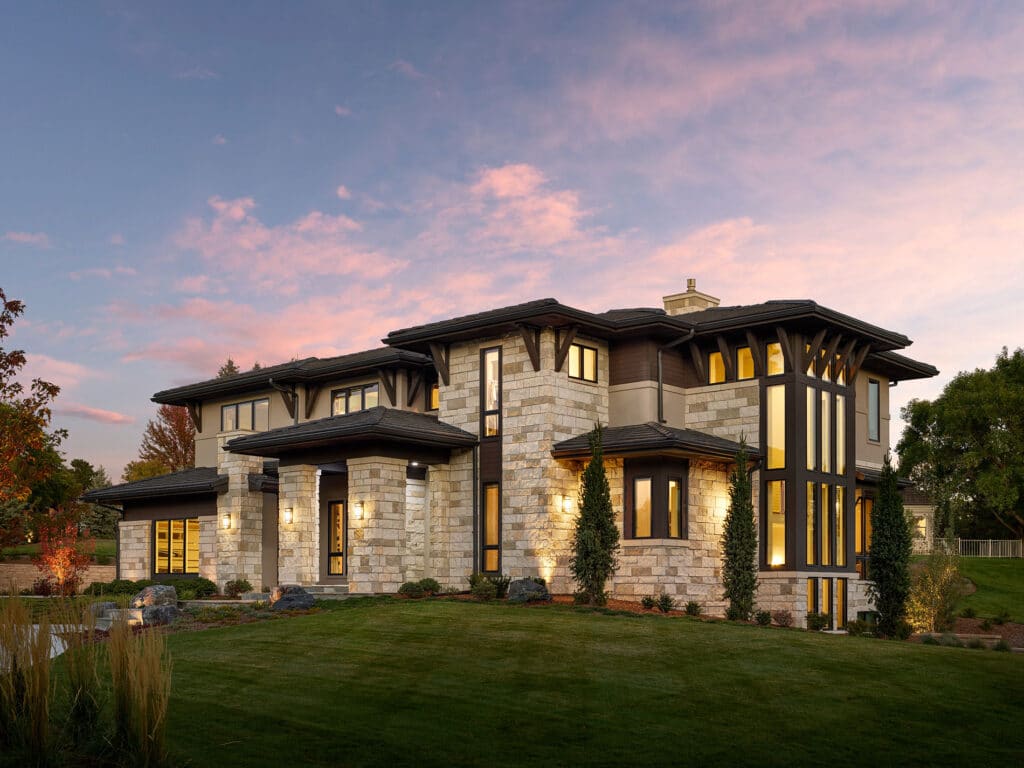- Posts :
Source: Unsplash
Mark Twain once said, “Buy land, they’re not making it anymore.” Well, it seems like everyone is taking his advice- the price of land in desirable areas has skyrocketed over the past few decades, with some regions seeing double-digit year on year growth regularly. The property market can be intimidating, even for those of us with a background in real estate. As a future custom homeowner, finding the right lot at the right price can sometimes seem like an insurmountable task. But fear not!
In the following pages, we’ll examine everything you need to know about residential land costs.
Let’s start with relevant land cost terminology.
Land Costs: Definition
Land costs refer to all expenses associated with acquiring a given piece of property, as well as those costs related to readying the land for construction.
Purchase Price: Definition
The purchase price is the amount the buyer pays to the seller in order to acquire the land in question.
Encumbrances: Definition
Encumbrances are potential liabilities attached to a property, items like liens, mortgages, or unpaid costs like property taxes.
Preparation Costs: Definition
These are any costs that are associated with readying the land for construction. These costs include soils tests, a site survey, an engineered drainage plan, possible shoring and grading. Also things like clearing trees, removal of structures and debris from the property are included in site preparation costs. Some projects may require demolition and environmental remediation as well, if renovating or scraping an existing structure.
Improvements: Definition
Improvements to the land include installed utility lines like sewer, water, natural gas, electric, internet, etc. Note that some municipalities require hefty water tap fees to account for. In addition to structures built, other improvements include lighting systems, landscaping, and drainage.
Now that you have a firm grasp of the lingo relating to land costs, improvement, and construction, let’s look at the market, through buyers and sellers, assigning value to a given piece of land. Keep in mind this info relates to single-family residential construction, the commercial and multifamily residential spaces have their own terminology and processes which are independent of the residential land market.
Land Value vs. Land Cost
Value and cost are two terms that are often confused for another. Value refers to the amount a buyer or seller believes a commodity is worth, in this case, undeveloped residential lots. In general economic parlance, the cost refers to the actual expenditure paid out for a good or service. To recap: value is subjective, while land costs are fixed and definite. In practical terms, this means homebuyers will very likely see a difference in the value of a potential land purchase or sale, and the eventual sale/purchase price or cost.
Moving on to the appraisal process.
Understanding the Appraisal Process
In most real estate transactions, lenders and buyers will hire a professional appraiser to determine and verify the value of the subject real estate- including undeveloped residential land. The real estate appraiser will create a thorough report that looks at three primary valuation approaches, The Income Approach, The Cost Approach, and The Sales Comparison Approach. The first two are irrelevant for most residential land buyers- they primarily relate to the economic output or potential of a property.
The Sales Comparison Approach is relevant, as appraisers and real estate professionals use comparable nearby sales to determine the value of a piece of land. Unfortunately, due to the remote nature of many custom-home/luxury residential lots, it can be difficult to find relevant sales comparisons.
What this means practically is that there will be some ambiguity with the actual amount that buyers end up paying for residential land- usually more so than your standard single-family home or condo. This is not an ideal situation- especially when you consider the substantial capital and time costs that come with acquiring a residential construction lot.
Oftentimes these costs can be stabilized or better understood by working with a custom home builder or developer- they take the upfront risk of acquiring buildable land, while buyers shop and value lots based on actual sales data from nearby comps- more data than would typically be available for a standalone lot in an area without very much land sales or development traffic.
Since you’re now well acquainted with the basics and terminology underpinning land costs, the next step is actually locating the lot where you’ll build your dream home.
Actually Finding a Lot to Build On
All of this is well and good, but how exactly does a non-real estate professional find open land on which they can build a custom home? There are a few options.
Online Platforms
Several online real estate platforms like Zillow, Redfin, Trulia, and others give custom home searchers the ability to search for open lots in their desired location. This is probably the easiest and most accessible way for most buyers to find their lots, or at least to help narrow down their selections by price, zoning, and other attributes.
A word of caution about valuations on these sites- they are typically generated via algorithm or data scraper that applies a mathematical formula to assign a value to a given property. Unfortunately, these tools are far from perfect, and can often be wildly off base, especially when it comes to undeveloped land- so take any numbers they give you with a grain of salt. While these platforms can be an excellent way to get your custom or luxury home search started, they are just that- a starting point.
Work With an Agent
Several studies have shown that real estate agents do not necessarily improve financial outcomes for buyers and sellers, and some studies actually point to the conclusion that utilizing the services of a realtor or agent actually reduces the average amount a seller receives for a property. That is not to say that agents bring nothing to the table- their market knowledge and relationships can be incredibly valuable- especially in a niche and illiquid market like the residential custom home construction space. Agents can often guide you to the perfect property in situations where your market knowledge is limited, or you have hit a wall in your online search.
Seek Out a Well-Respected Custom Home Builder
If you’re not interested in hiring an agent or doing all the legwork yourself, you can always work with a custom home builder. Many builders offer most or all of the same customization options you would find on the open market, at a considerably lower price- and with substantially less sweat equity on your part. Builders have comprehensive market-related expertise and sourcing and valuing a home within a planned custom development is much more financially reliable than buying and building on land in the sticks. Most established custom builders are found in affluent communities with strict governance to protect home values, like The Preserve, Highlands Crossings, The Keep, Cherry Hills and Ravenna. Builders often will also have knowledge of off market home sites they direct prospective customers to as well.
Additionally, builders have the ability to pass their cost-savings onto the end-user- aka the buyer. Deals with labor and specialists, alongside bulk and business discounts on materials can make a big difference in the eventual sale cost of a home- usually coming down in favor of custom home developers opposed to individuals. As someone in the market for a custom home, your time is likely in short supply, which adds even more to the value proposition of using a custom home builder, since they handle all of the heavy lifting- freeing you up for work, social, or family pursuits.
Conclusion/Worth the Wait
If you’ve reached a point where you’re taking concrete steps to acquire land for your dream home, you likely feel an odd mixture of excitement and apprehension. What if you make the wrong decision? What if you overpay? What if you can’t get the features you want? Wouldn’t it be ideal to know all of the costs that your project would require before you begin? A savvy custom home builder can estimate the total project cost for a specific lot, usually within 3-6% accuracy – before you purchase your lot. This feasibility study educates and empowers the buyer to determine if the project is within the budget parameters before making any commitments. Remember that building your dream home is not a sprint- it is a marathon- and one with results that are well worth the wait.
Found the perfect lot? Already own land? Call us today to schedule your free feasibility estimate! Know your total project cost before you commit to any decisions. We pride ourselves on a customer-oriented experience, always putting your needs first. You can reach the Thomas Sattler Homes Sales Team at Call (720)449-3562 or online at ThomasSattlerHomes.com.




